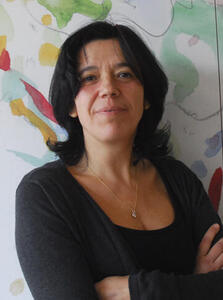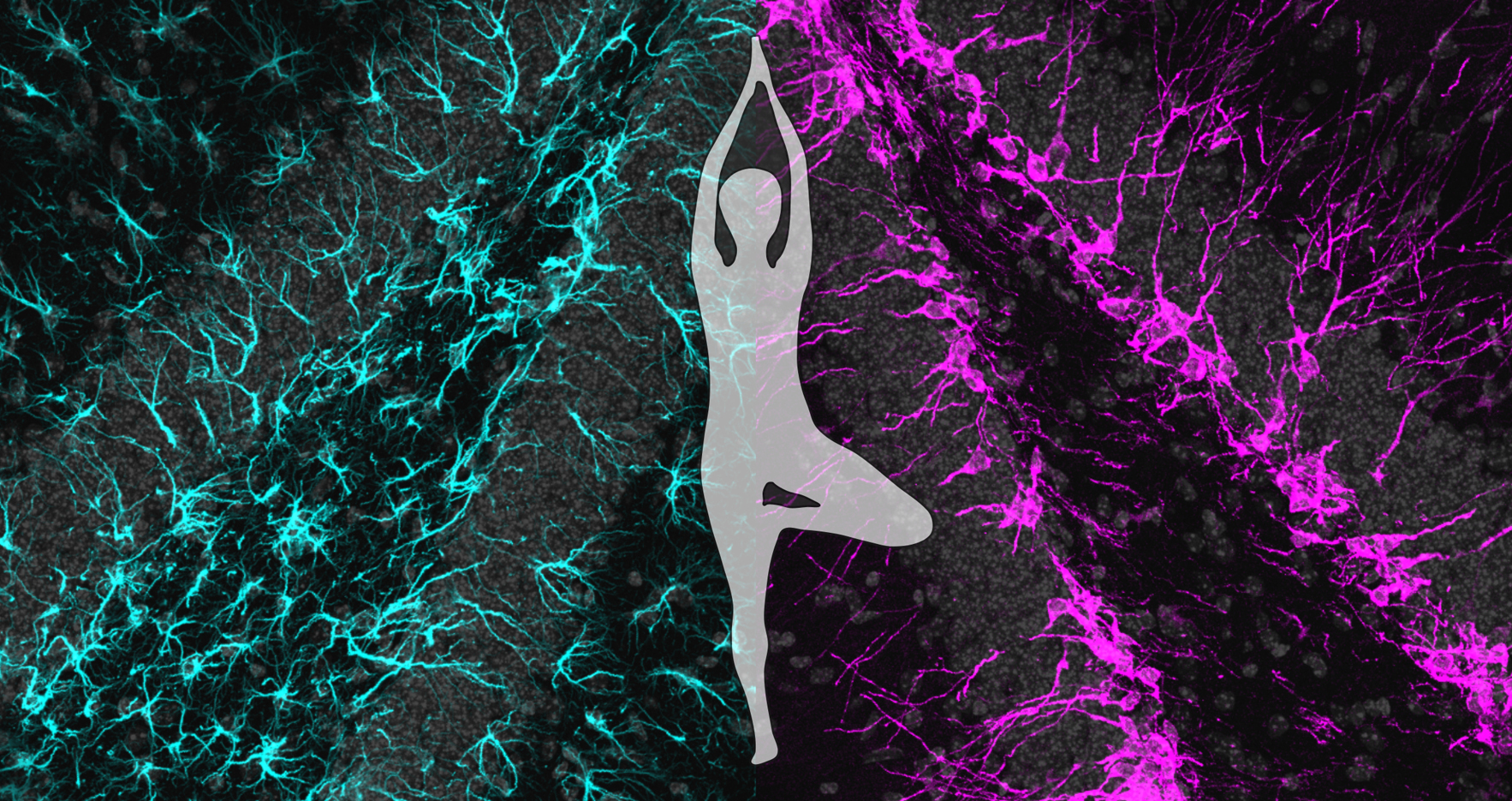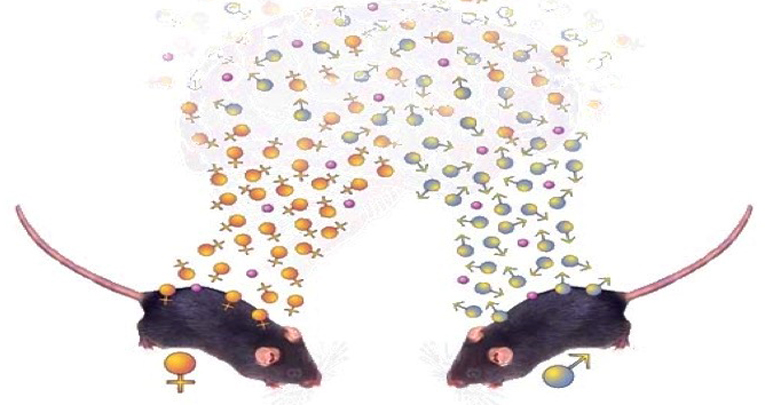Gruppo guidato da Luca Bonfanti e Paolo Peretto


Silvia de Marchis
Contacts:
Tel + 39 11 6706605 - 4674
Fax + 39 11 6705451
e-mail: silvia.demarchis@unito.it
Born in Turin on 14.09.1966. Italian.
Education
- Honours degree in Biology, University of Turin, Italy (1994)
- Post-degree traineeship at the Dept. of Animal Biology, Univ. of Turin, Italy (1994-1995).
- PhD in Endocrine and Metabolic Sciences. University of Milan, Italy (2000).
- Postdoctoral Fellow at the Dept. of Animal Biology, Univ. of Turin, Italy (2000-2001). From 09/2000 to 12/2000 Visiting Postdoc at Department of Neuroanatomy, School of Medicine, University of Baltimore, USA.
Employment
- Assistant Professor (BIO/06) at the Department of Human and Animal Biology (now Life Sciences and System Biology), University of Turin, Italy(2001-2014). From 09/2002 to 12/2002 as Visiting Researcher at the Department of Neuroanatomy, School of Medicine, University of Baltimore, USA.
- Associate Professor of Comparative Anatomy (2015-now).
Research Description
My research interest focuses on the adult neurogenic regions of the mouse brain, namely the olfactory bulb and the hippocampal dentate gyrus. Using a combination of neuroanatomical and behavioural approaches, I study the cellular/molecular control of different steps in the neurogenic process: from adult neural stem cell/progenitor proliferation and migration to cell fate/differentiation.
I’m also interested in the role of theenvironment on the modulation of adult neural stem/progenitor cell behaviour. The goal of my research is to get a better understanding of the mechanisms underlying adult neurogenesis and its possible implications in cognitive and emotional functions.
Main Scientific collaborations
Prof. Chichung Lie and Dr. Ruth Beckervordersandforth-Bonk, Institute of Biochemistry;
Friedrich-Alexander Universität Erlangen-Nürnberg, Erlangen, Germany;
Dr. Michèle Studer, INSERM U636, Nice Sophia Antipolis;
Dr. Saadia Ba-M'hamed, University of Marrakech, Marocco;
Dr. Paolo Giacobini, INSERM, UDSL, School of Medicine, Lille, France;
Wojciech Krezel, INSERM, IGBMC, Strasbourg, France.
News
Neurone o astrocita? Scoperto il gene che guida le staminali adulte nella scelta del loro destino.
Il gene COUP-TFI controlla che le staminali producano la giusta quantità di nuovi neuroni o astrociti. Un eccesso dei secondi è la conseguenza di processi infiammatori associati a patologie tra cui l’Alzheimer. La scoperta del team guidato da Silvia De Marchis, del nostro gruppo di Neurogenesi adulta.
Neurogenesi Adulta e Attrazione Sessuale
L’attrazione sessuale, così come gli altri comportamenti, è il frutto di una complessa interazione fra geni e ambiente che modella i circuiti nervosi coinvolti nel controllo del comportamento riproduttivo.
Se questa interazione ormai è nota, molti sono ancora i punti da chiarire rispetto a come avviene. Lo studio pubblicato dal nostro gruppo di “neurogenesi adulta” su Scientific Reports fa luce proprio sui meccanismi che - interposti tra geni e ambiente - regolano il comportamento d’attrazione sessuale.








